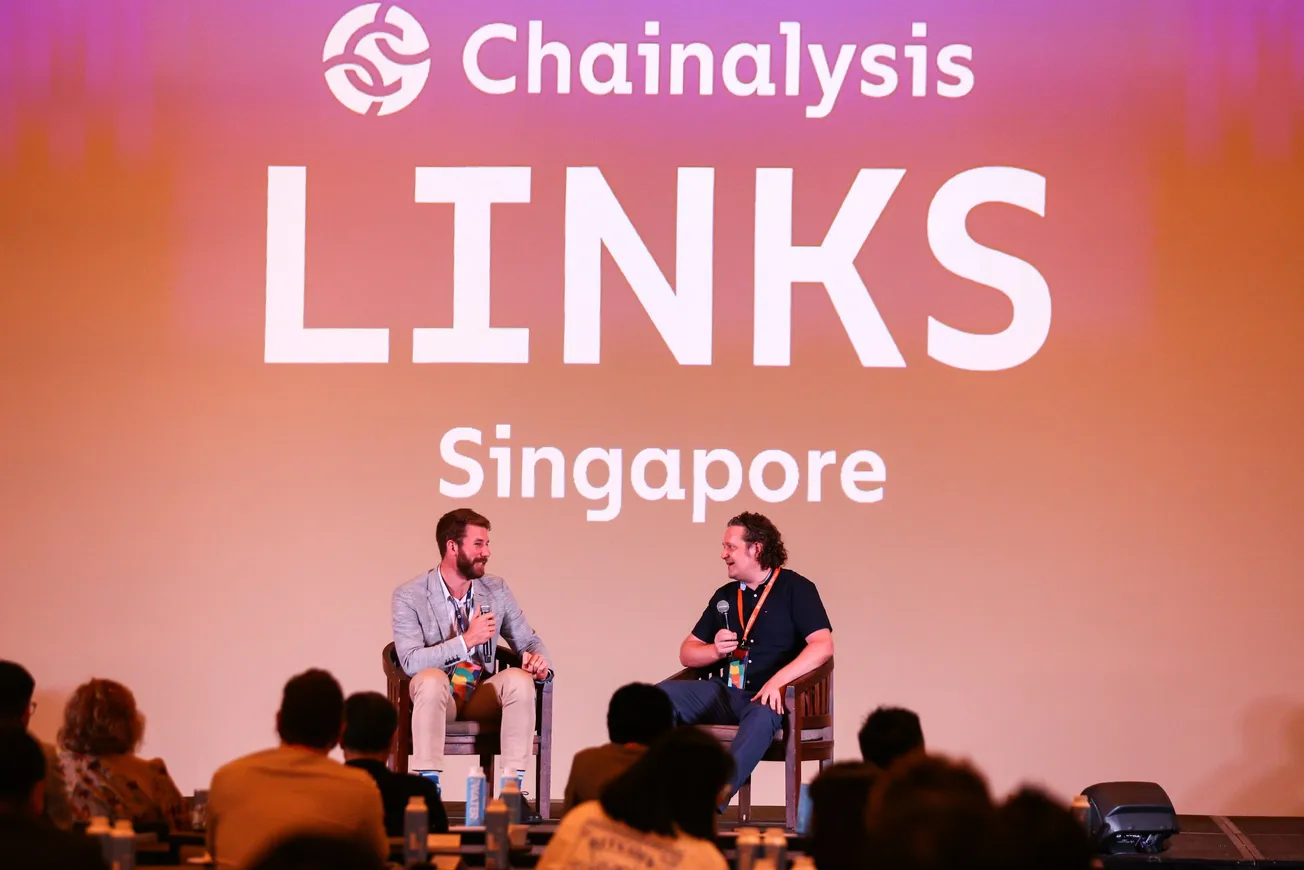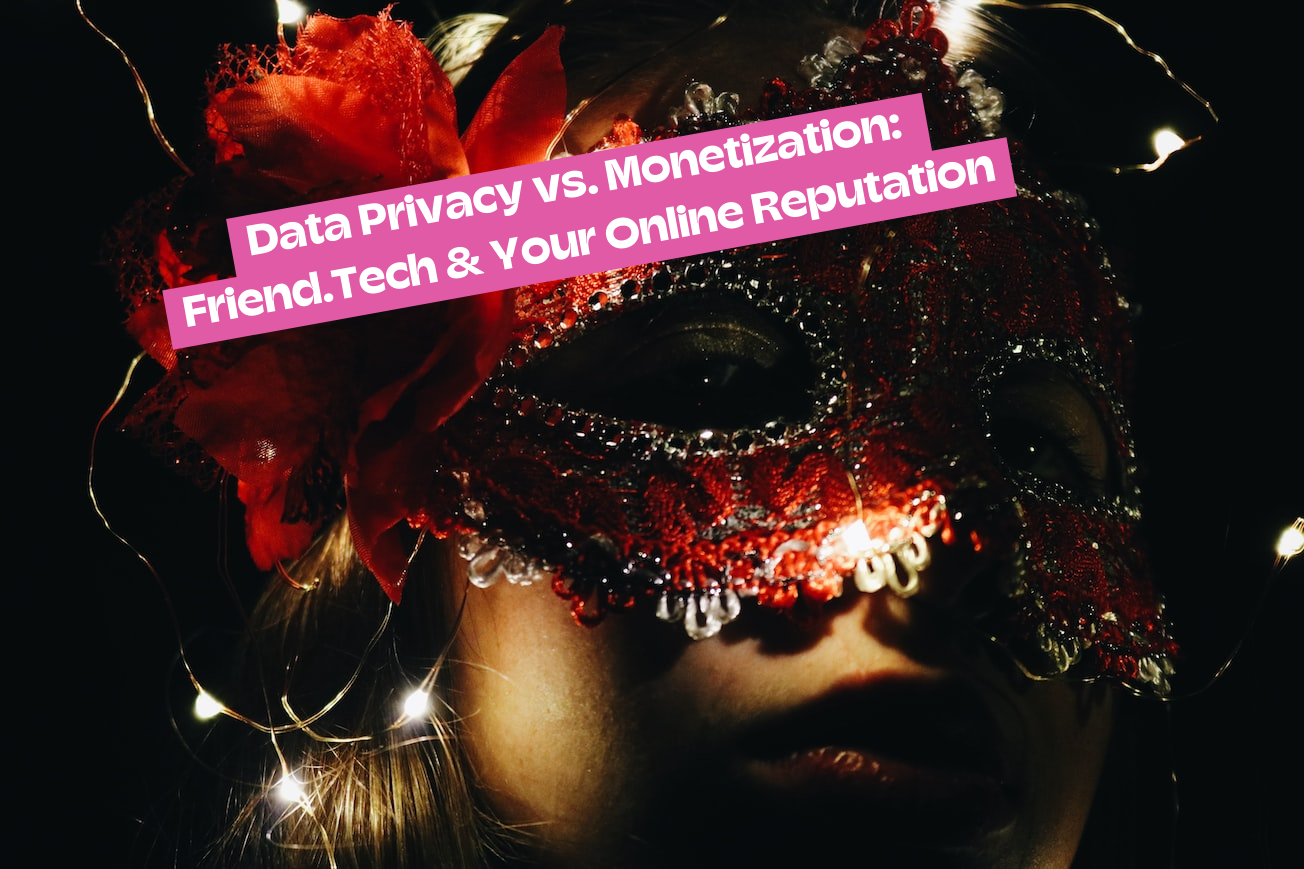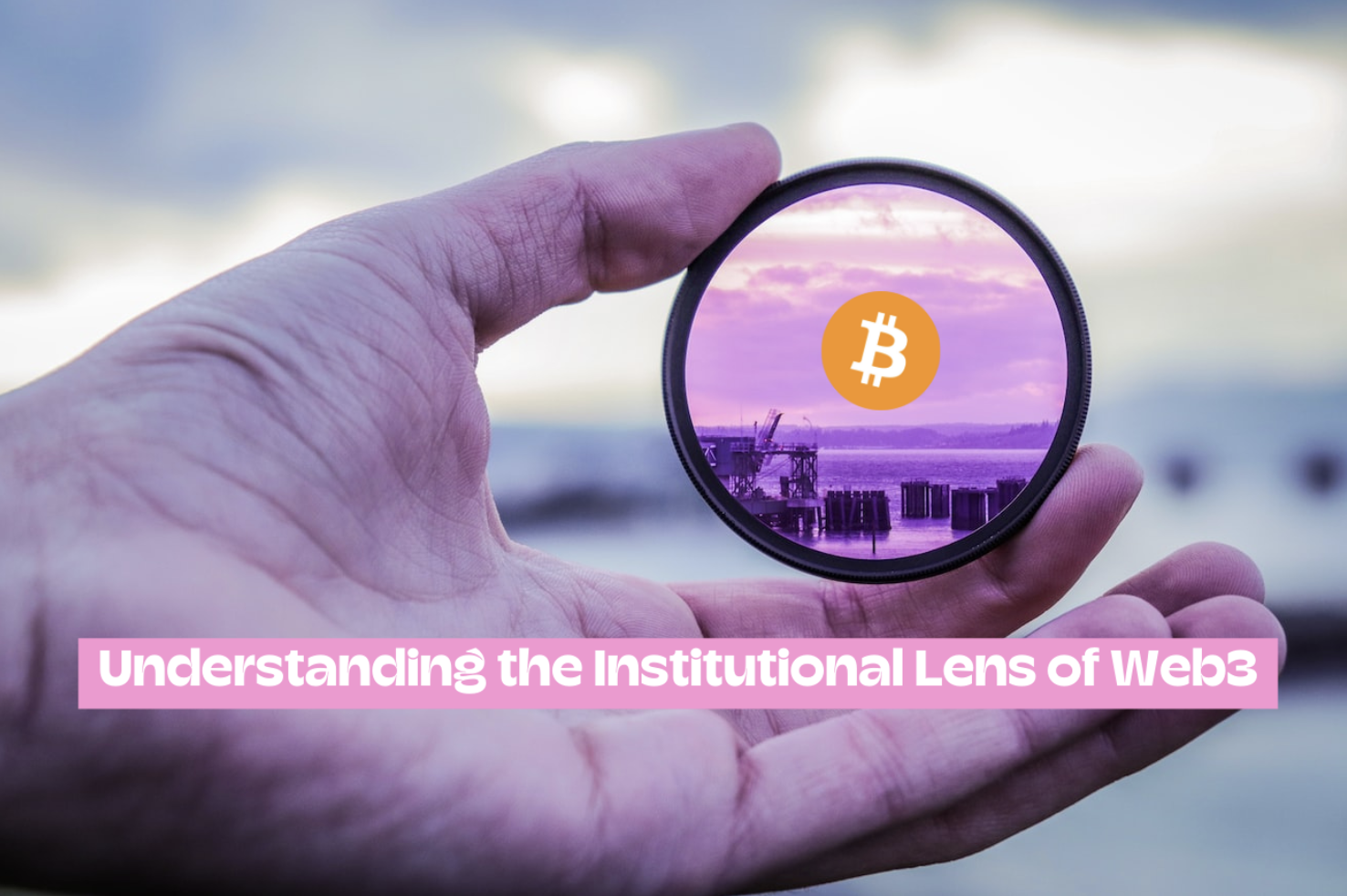Table of Contents
“Web3 is a builder economy. It’s not passive”, said Ontology community manager Geoff Richards in a conversation about the future of Web3 and the metaverse.
Discussing the makeup of Web3 and the problems it might face, Richards said at the recent Chainalysis Links event in Singapore last Thursday that the metaverse is still “not there yet”, but will instead be the “coming together” of the different constituents of Web3.
“It’s the conversations that different Web3 platforms can have. Not just on Web3, but also with the real world”, he said, citing the examples of decentralised autonomous organisations (DAOs) and Stepn – a move-to-earn application on Solana that pays users crypto based on their real-life physical activities.
Data sovereignty
Ontology is an open-source blockchain that specialises in decentralised identity and data. For Richards, self-sovereignty over digital identities is what’s needed in Web3. This means that users can choose how and what data of theirs to share, while having ownership over the content that they generate online.
“I think that’s where we need to go to get to the Metaverse. We need those single points of access that are owned by the individual”, he said.
Read more: Alexis Ohanian on Web 3.0: “Digital Assets Matter More”
Citing the Cambridge Analytica data scandal, where personal data belonging to millions of Facebook users was collected without their consent by the British consulting firm, Richards said that decentralized identity solutions will allow users to choose which parts of their identity that they’re willing to share.
“How often do you get the opportunity to say: Okay, I need to give you something, I need to prove my age, I need to prove my address. But I don’t want to give you everything. And so I think with online decentralised identities, you have an option to say: I’m comfortable sharing what you need. But I don’t need to give you everything in there”, he explained.
Web3, as Richards explained, also gives users the chance to monetise their data while acknowledging ownership and choosing the value that they put away.
“We know data is valuable, we know that data is it has a worth. And at the moment people don’t have too much of a say about how data is monetised and they certainly don’t benefit from it”, he said.
Read more: Animoca’s Yat Siu: Ownership Defines the Digital Future
“You sign away the rights of the data because you want to use a certain social media platform so somebody else benefits from that financially..I think it’s about at least acknowledging whose data it is”, he added.
Not-so-virtual problems in the virtual world
According to Richards, crimes in the metaverse will not be as terrifying as Terminator’s Skynet. However, because the metaverse is going to be based heavily on allowing creators to actually own their content, one of the problems that may arise will be IP theft.
“It’s something that really needs to be protected in the metaverse – who owns the rights to those NFTs and the rights to those productions, whether it be music or art [NFTs]. Anything can be turned into an NFT – it might be in the physical world or it might only exist in the digital world, but there will be ownership and IP issues. I thing that will be a growing concern that needs to be protected”, he opined.
Read more: Are You Really the Owner of Your NFTs?
Richards also noted that as more people start building in the metaverse, clearer legislation around data and identity management will have to be developed.
“How do you manage that data? Is it a GDPR (General Data Protection Regulation) sort of thing? DAOs are going to be doing a lot of work in the metaverse – do they have the skill set and the tools to properly understand how they manage all that data from the identity that they collect?” he said.
Offline communities
Richards’ vision of the metaverse is the coming together online and offline elements, including users’ jobs, reputation, and even credit histories. However, while the older generation might find the need to to have physical interactions to mix their Web3 and physical identities, Richard believes that the younger generation are content with just online interactions.
“If you look at my children, they actually don’t care about that physical in-real-world linkup. Just being online is enough…I think that people will want real world connections for certain things, but I think that there’s a younger generation that will be less interested in that”, he said









